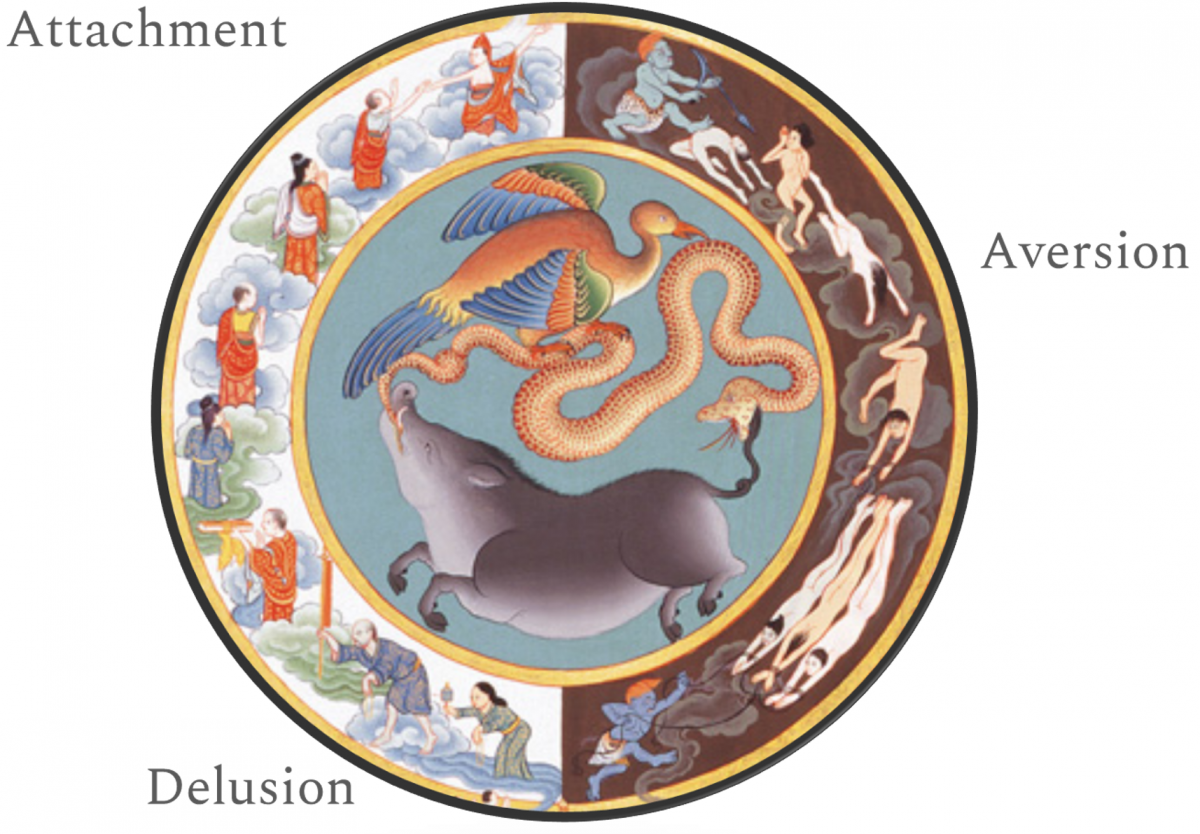This blog post is based on a talk I gave for my ward on February 12, 2023.
Introduction
A little over seven years ago I got the idea of reading through all the General Conference talks that are easily available on the Church’s website, which means going back to the April 1971 General Conference. I haven’t kept to my schedule perfectly since then, but I’ve read many, many talks, and I’ve really gained an appreciation for the wisdom and consistency of these teachings.
So when I was asked to give a talk on the fourth temple recommend question–a kind of topic I’ve never heard of before–I knew where to start. I did a quick search and ended up reading (or at least skimming) about two dozen talks, some of which were incredibly powerful to me. I’ll be quoting from these talks at length.
Continue reading “Sustaining Leaders and Fellow Saints”



